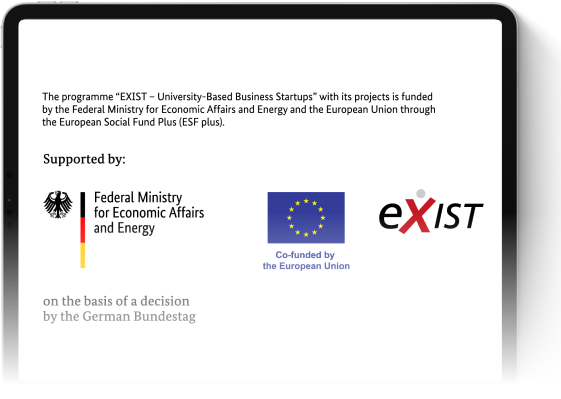What our partners say
The modular simulation approach of SimBricks is particularly appealing, as it provides the flexibility to integrate models of existing technologies with our own simulation models for our new technology.

This is SimBricks
Virtual Prototyping for Complex Computer Systems
SimBricks simulates hardware, software, and everything in between. All virtual. All synchronized. All scalable

 Interact via browser UI or SDK
Interact via browser UI or SDK
 Combine existing simulation tools
Combine existing simulation tools
 Run on-prem or in the cloud
Run on-prem or in the cloud
Use-Cases
Where SimBricks shines
SimBricks simplifies and accelerates designing, selling and buying complex computer systems through virtual prototyping.
Development
SimBricks helps system architects to innovate complete systems

Smarter Engineering Decisions
Make changes with confidence. Advance next-gen computing platforms based on accurate virtual prototypes, ensuring smarter decision making.
Better Prototyping
Validate your complex systems virtually without the need to wait for costly, time-consuming hardware prototypes.
Sales & Business
SimBricks helps technical sales teams to optimize their processes

Boost Sales Success
Turn interest into action and reduce customer uncertainty by showcasing real-world benefits of your product in a high-fidelity virtual prototype.
Earlier Sales
Don’t let hardware timelines hold you back. SimBricks empowers early engagement to demonstrate and align your solutions before physical systems exist.



Try SimBricks Now!
New to SimBricks?
Get started quickly with our easy-to-use demo.

FREQUENTLY ASKED QUESTIONS
Do you have questions? Let us answer them!
Do you have further questions?
Contact us at info@simbricks.io
SimBricks enables virtual prototyping of heterogeneous computer systems in different environments. This reaches from complex, high performance computer systems in data centers to intricate embedded systems in the automotive sector. These systems have in common that they are comprised of many interconnected heterogeneous components that collectively form a complex whole. So far we have used it for network, storage, and distributed systems, as well as hardware accelerators.
The main target users are system architects, as well as hardware and software engineers. Other users are technical sales teams.
We provide an easy-to-use demo of the SimBricks hosted offering and pre-built docker images. Setting up and using SimBricks for the first time can take as little as 5 minutes. More complex configurations with proprietary simulators may require more time.
The current version of SimBricks offers flexibility in how and where it can be run. You can run SimBricks fully locally on your own computing infrastructure, suited for small and simple virtual prototypes. Addtionally, it is possible to run larger and more complex virtual prototypes via a hosted SimBricks offering, using either our servers or your own servers (Bring Your Own Cloud) to run the simulation models. Please reach out if you are interested.
SimBricks simulates virtual prototypes by combining and connecting multiple different simulators for individual system components into a complete system simulation.
SimBricks aims to enable virtual prototyping of complete computer systems, rather than individual components. SimBricks also does not replace existing simulators for individual components, but instead enables users to connect together multiple existing simulators, even from different vendors and such simulators never designed to interoperate, into a complete system.
Do you have further questions?
Contact us at info@simbricks.io










